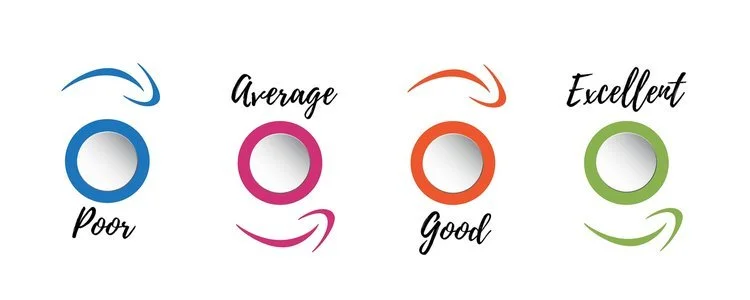The Curse of Political Certainty
A recent NBC News poll found that 71 percent of Americans think the country is on the wrong track. It ought to be comforting, then, that so many people are certain they know what to do about it. They have solutions, usually general and vague on details, for issues as diverse as inflation, health care, the deficit, immigration, taxes and climate change. If we question these solutions, we may be viewed as misguided at best and at worst, take your pick – socialists, MAGA conservatives, or irresponsible libertarians.
Political certainty, however, can be dangerous. In 2001 many just knew that Saddam Hussein had weapons of mass destruction and that his removal would usher in democracy across the Middle East. In 2007 many were certain that everyone could afford to buy a home only to find out that subprime mortgage lending caused the Great Recession. In early 2020, some scoffed that the likelihood of a pandemic was just doomsday thinking. If you were a Republican in that same year you were convinced that Donald Trump would get a second term and when he did not angry supporters were certain there was a conspiracy that deprived him of victory. In 2024, Democrats were convinced voters would not return Trump to the presidency.
The tree of political certainty is fed by many roots. Fear and uncertainty, usual companions to “wrong-track” thinking, can create the desire to feel there must be a brighter future “if only ____.” Such certainty provides psychological comfort in a confusing and ambiguous world. When we’re busy with living our lives and an issue is complex, those who are certain about what to do attract support. Research suggests that supremely confident people breed followers more easily than those who are cautious in their conclusions. This is despite the finding in a study of forecasts by 284 political and economic pundits who held forth on TV and social media that “the average expert was roughly as accurate as a dart-throwing chimpanzee.”
Those who pride themselves on gathering lots of information assume that the reward is better judgment. This is not always the case. A study of those who handicap horse races found that handicappers given five pieces of data about the horses in a race picked the winner 15 percent of the time. Yet given forty pieces of data on each horse, their success rate was exactly the same though the extra data made them considerably more confident that they were right.
Research that led to what is called the Dunning-Kruger Effect demonstrates that people weak in an area can easily over-estimate their ability and are often blind to their own incompetence. Or perhaps our attraction to certainty is just evolution at work. Being doubtful about what to do when there was a large roar at the entrance to your cave was not a prescription for survival of the fittest.
The danger in politics is that the thirst for certainty blocks careful thinking and often leads to support for misguided policies and politicians. Hubris too often trumps humility, but it is humility we need if we are to question our assumptions and remain open to other views. Sadly, political humility is rare, as if admitting you don’t know the answer is a sign of weakness. We forget the lesson offered by humorist Will Rogers: “It’s not what we don’t know that gives us trouble. It’s what we know that just ain’t so.” We are, after all, human and thus subject to the errors of perception and judgment that come with our species. We could benefit by using less energy in pronouncing the other side wrong and using more in questioning whether we are right.
In the spirit of fostering a little more humility in our political thinking and public discourse, it might be worth remembering that some of the political figures we admire the most were humble and frequently questioned their own thinking. The two most admired presidents, Washington and Lincoln, were known for their humility and prudent judgment. So were Gandhi, Nelson Mandela, and Martin Luther King, Jr.
Humility in politics makes for better citizenship, not just for leaders but for all of us. At the close of the Constitutional Convention, Benjamin Franklin spoke to his fellow delegates who had spent four months arguing, often to the point of dissolution, over many aspects of the document they were being asked to approve. He called for a unanimous vote, even while noting he had his own reservations about some of its provisions. Yet he acknowledged his own fallibility and asked them to confront the danger of being too certain in opposition to the Constitution: “Most men,” he said, “think themselves in possession of all truth, and that wherever others differ from them it is so far error.” Franklin reminds us that a democracy depends not so much on perfect solutions as on humble and thoughtful collaboration. If the delegates who went on to sign the Constitution achieved that then, we certainly can today.
(If you do not currently subscribe to thinkanew.org and wish to receive future posts, send an email with the word SUBSCRIBE to responsibleleadr@gmail.com)
Photo Credit. scottrossonline.com






